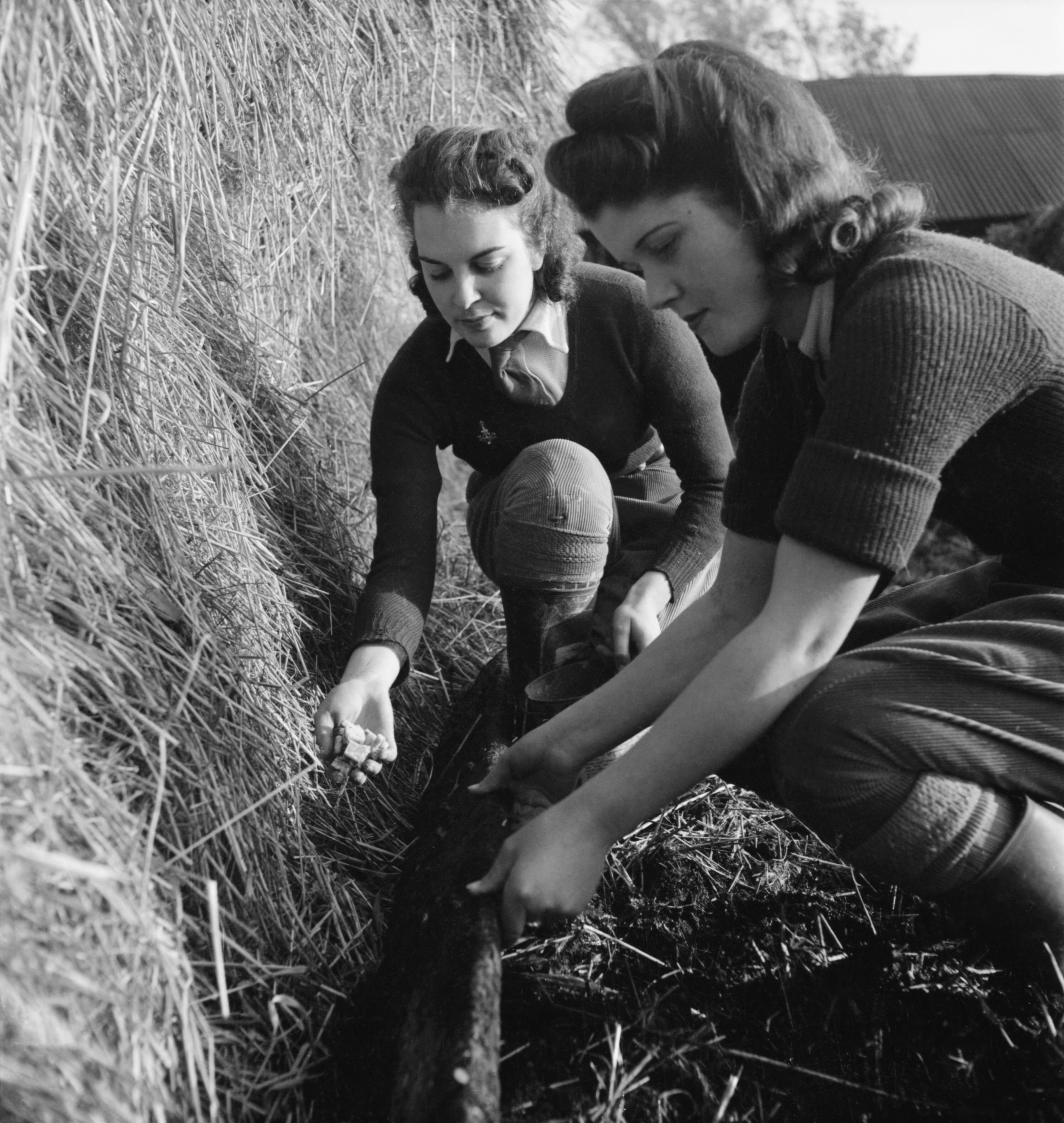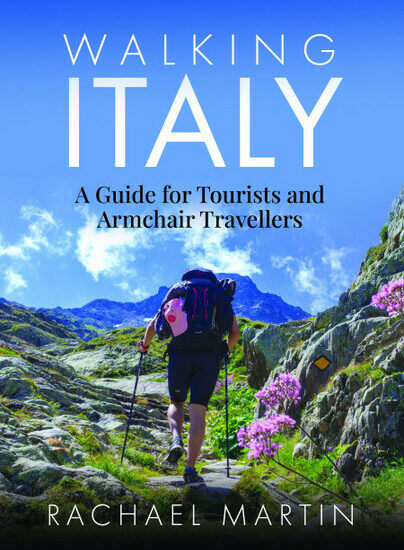Women’s History Month – Emily Ashworth
The Land Army’s Lost Women
I began this book partly to heal the pain of losing my grandma, Vera. She lived until the ripe old age of 90, so yes, she had a good innings, but I felt grief like I’d never felt it before.
She was probably the reason why I had such an interest in World War Two, having had hundreds of conversations in the kitchen of her farmhouse listening to her reel off tale after tale about her days in the war.

My grandma was a member of the Women’s Land Army, arguably one of the most unknown branches of the women’s forces during both world wars.
The women of the Land Army were called upon to replace the men who had gone off to fight, which left a gaping hole in the rural workforce. As German blockades threatened the nation’s food supplies, it was the job of the Women’s Land Army to ensure our country didn’t starve itself into submission.
This is a statistic that is banded around the most, but it’s so telling of the contributions and sacrifices these women made – before the war 60 per cent of Britain’s food was imported, but by the end of it that figure was practically reversed.
So, my book at first was in memory of my grandma, a strong and as some would tell you, quite fierce lady, who had her life in Liverpool uprooted and was shipped off to Somerset and then to Clitheroe, Lancashire.
But the more I shared my story, the more people came forward. The more I researched, the more I felt compelled to tell the stories of thousands of women who would have they version of events eaten up by time unless someone documented them.
Land Girls, as they were known, quietly kept the cogs of Britain’s countryside turning without, in all honesty, a scrap of recognition – for many years, they weren’t even allowed to take part in the Remembrance Day parade.

I simply can’t tell you how privileged I feel to have spoken to some of these women, and how thankful I am to those who passed on stories from the women in their family, many of whom have sadly passed.
My book, this collection of memoirs, may only capture a few stories, but I hope they represent thousands more.
A Land Girl’s job wasn’t easy, and in many ways, I feel like they were the ultimate trailblazers, especially in terms of farming.
Never before had a woman worn pants and brogues, a sight for many to behold and for some, a sight that caused much disproval.
Farm work was tough, and I can’t imagine what some of these women must have felt. Take my own grandmother, for example, who was plucked from the city, away from her family and her passion for fashion, to milk cows in the middle of rural Britain.
You must also remember these women worked in conditions in pre-mechanized times – all work was done by hand and could be incredibly brutal. Hands ripped to shreds; farm implements that to look at now look pretty medieval.
Many, I have been told, couldn’t take it and left as soon as they arrived.
But those that stayed fell in love with the way of life; fell in love with the land and all its rhythms and, most importantly, made imperishable friendships that have last an entire lifetime.
Throughout the book, Land Girl poems are scattered. These were all written by the women themselves, each perfectly illustrating life on farm and in the countryside with their words. I was really moved by them and tried to fit each memoir into sections under these poems – love, friendship, land, freedom.
Many found a newfound passion for farming and stayed; many found love and married; many found this new sense of self having left home and taken on such back breaking work.
All shared similar traits that I go through in the book but, what I found striking was their sense of selflessness, which can be said of most people during the war.
The idea that they came together for a cause larger than themselves is really quite something, yet all are as humble as can possibly be.
What also hit me was the parallels of today. We are once again facing a food crisis; we are once again fighting harder than ever for women’s rights. The women of the Land Army fought too – they fought for equal pay and they fought, sometimes, even just to be a Land Girl, to be allowed to do a ‘man’s job.’

At its peak, 80,000 women were registered Land Girls and many continued on for years after the war, helping to pull the country out of its post-war darkness.
That is a lot of women to lose to the hands of time, and I firmly believe these women deserve a place in history for their contributions to the war effort in one of our country’s darkest times.
So, what started as a small project to document my grandma’s story snowballed quite quickly into preserving the legacy of a group of women who undoubtedly helped Britain to win the war. And in every single woman I saw my grandma reflected back at me.

Preorder your copy of The Land Army’s Lost Women here.

